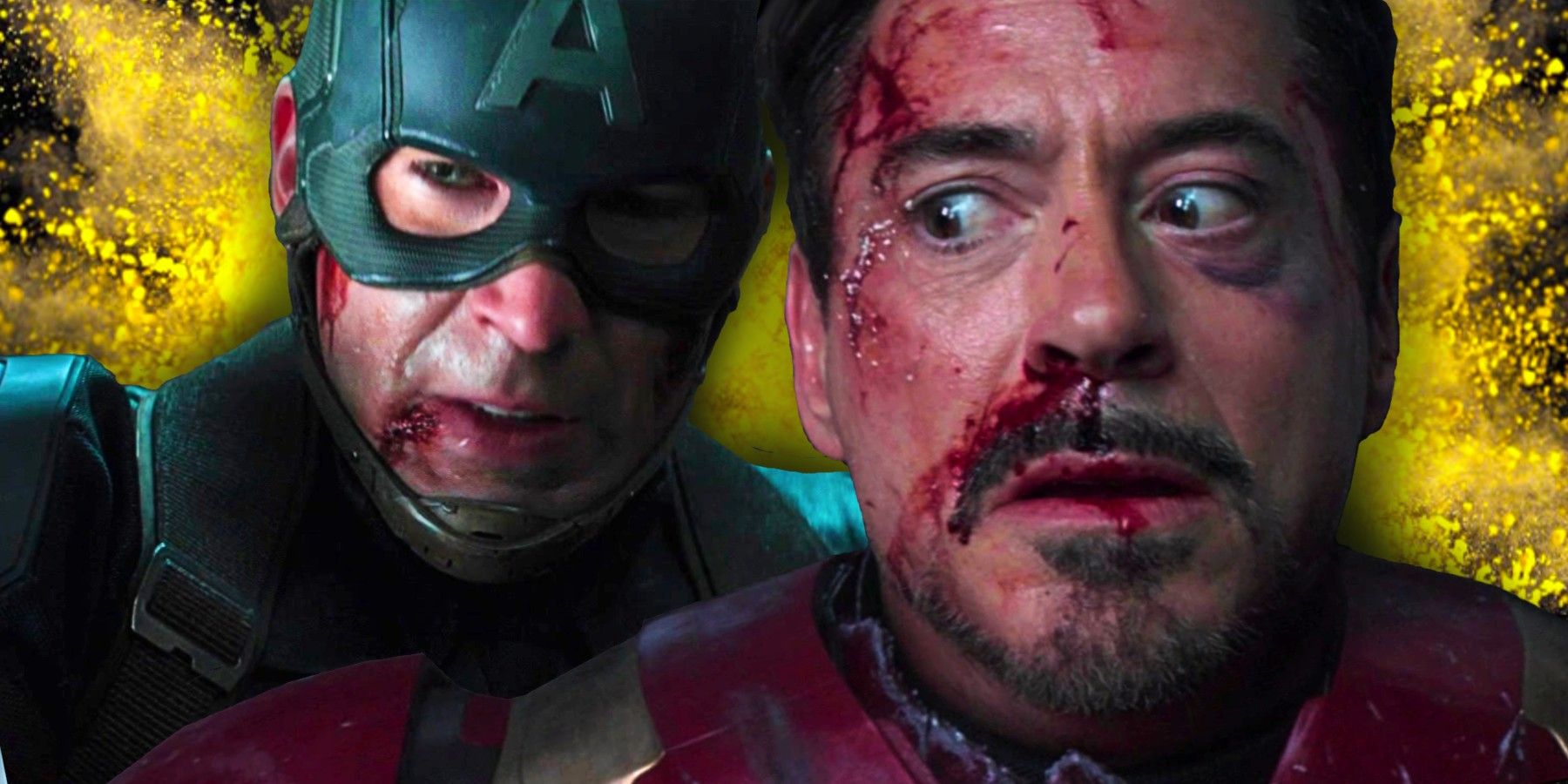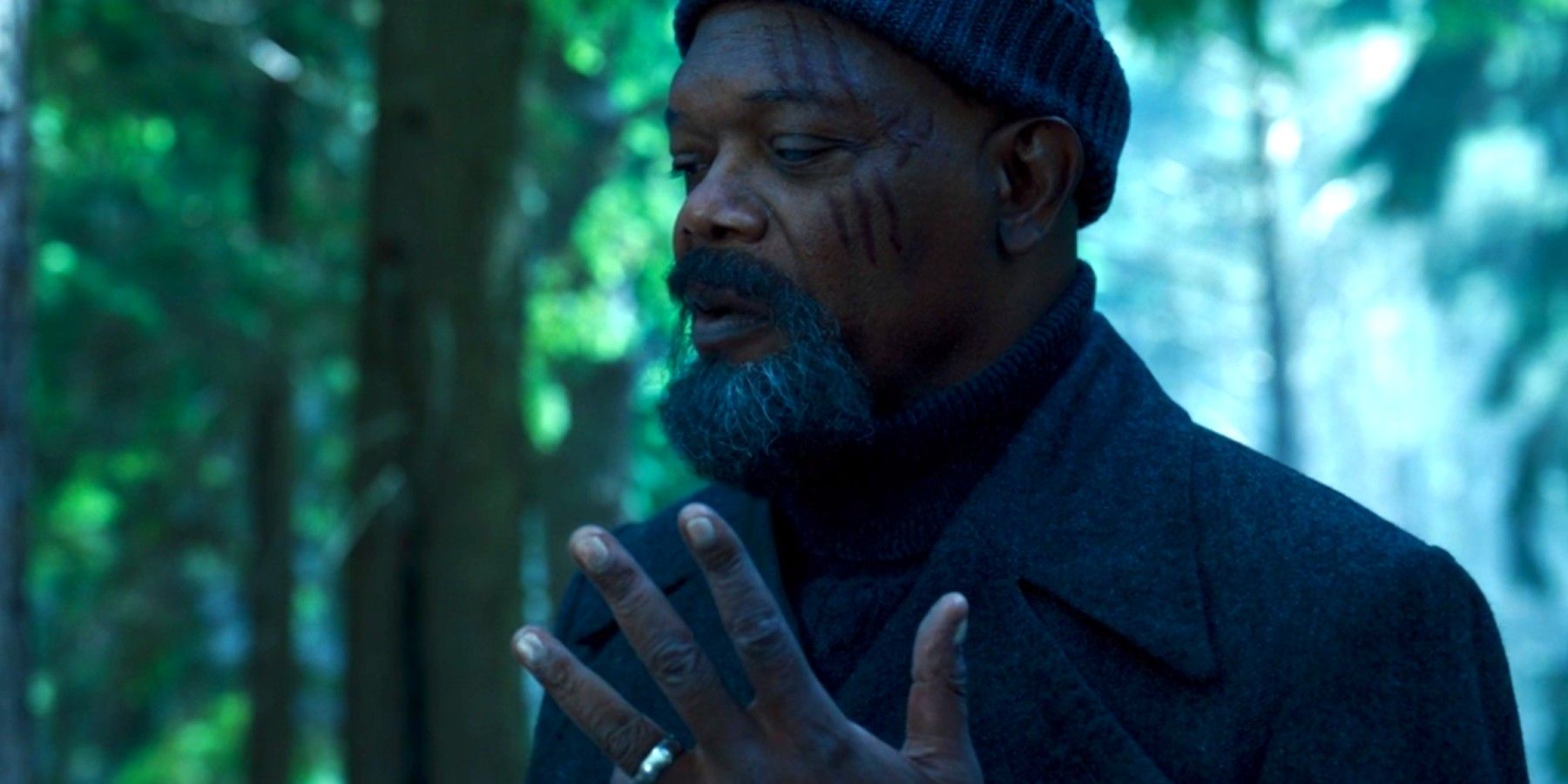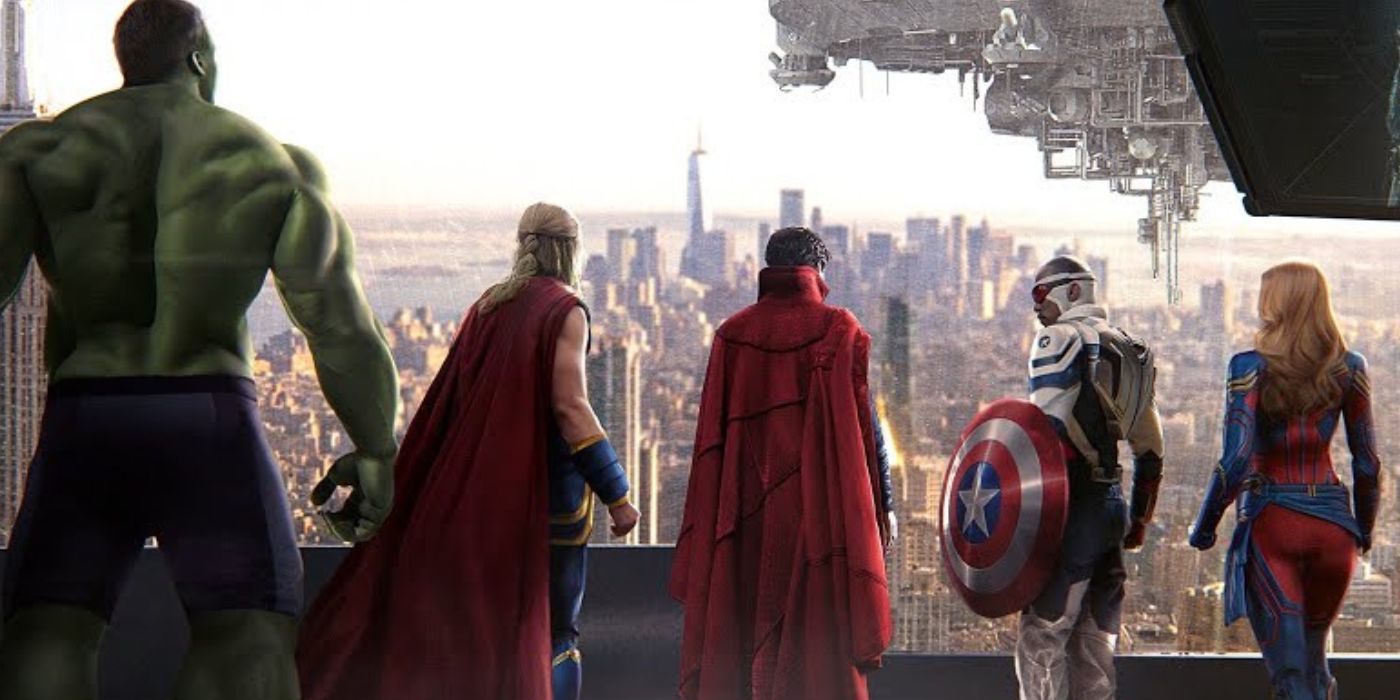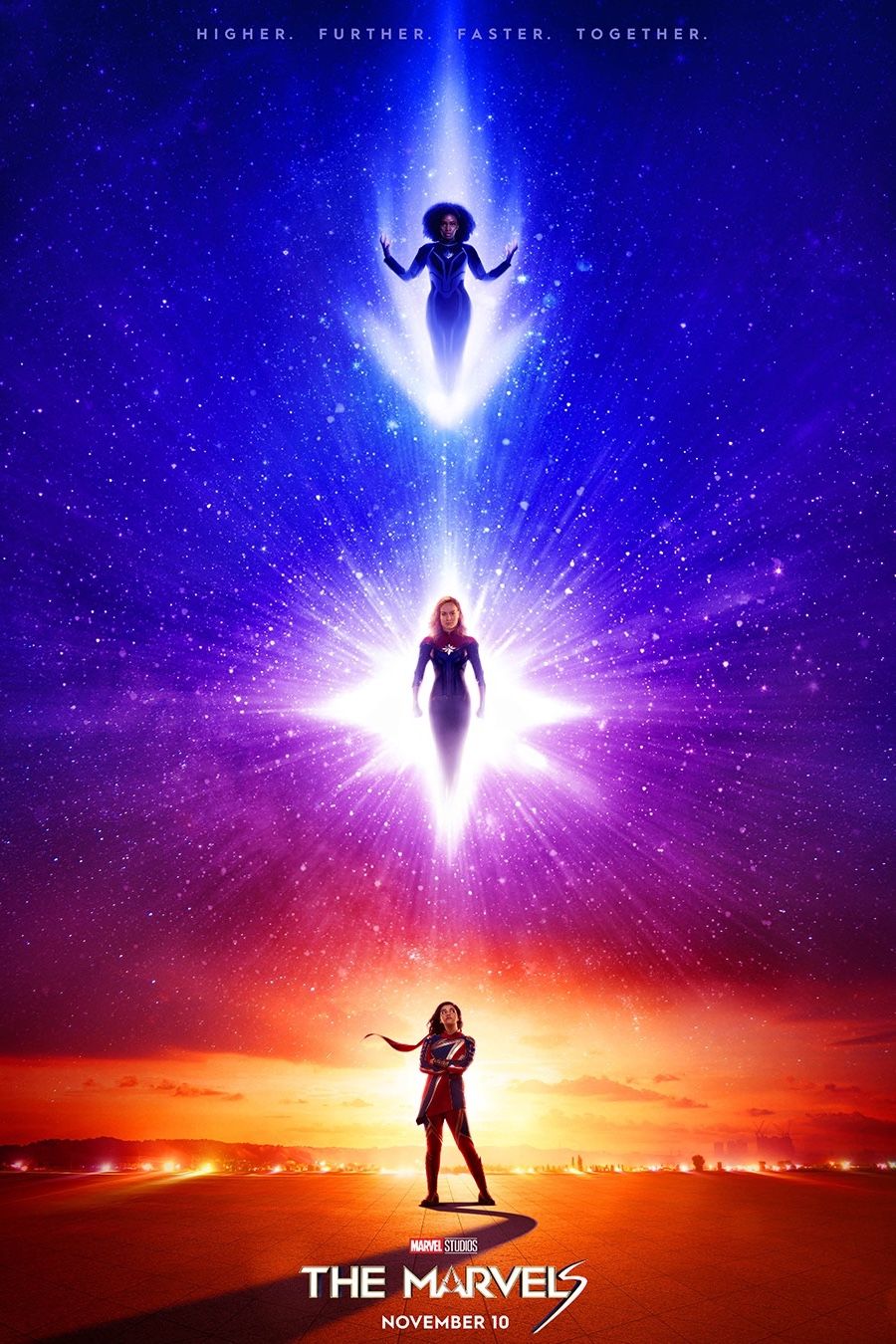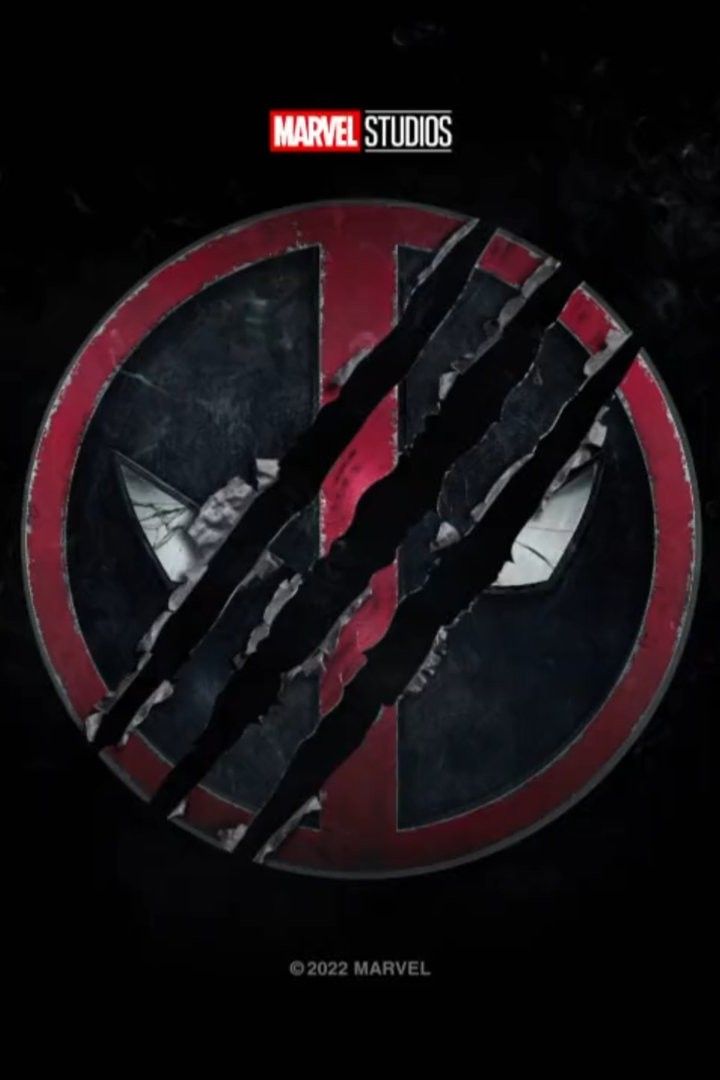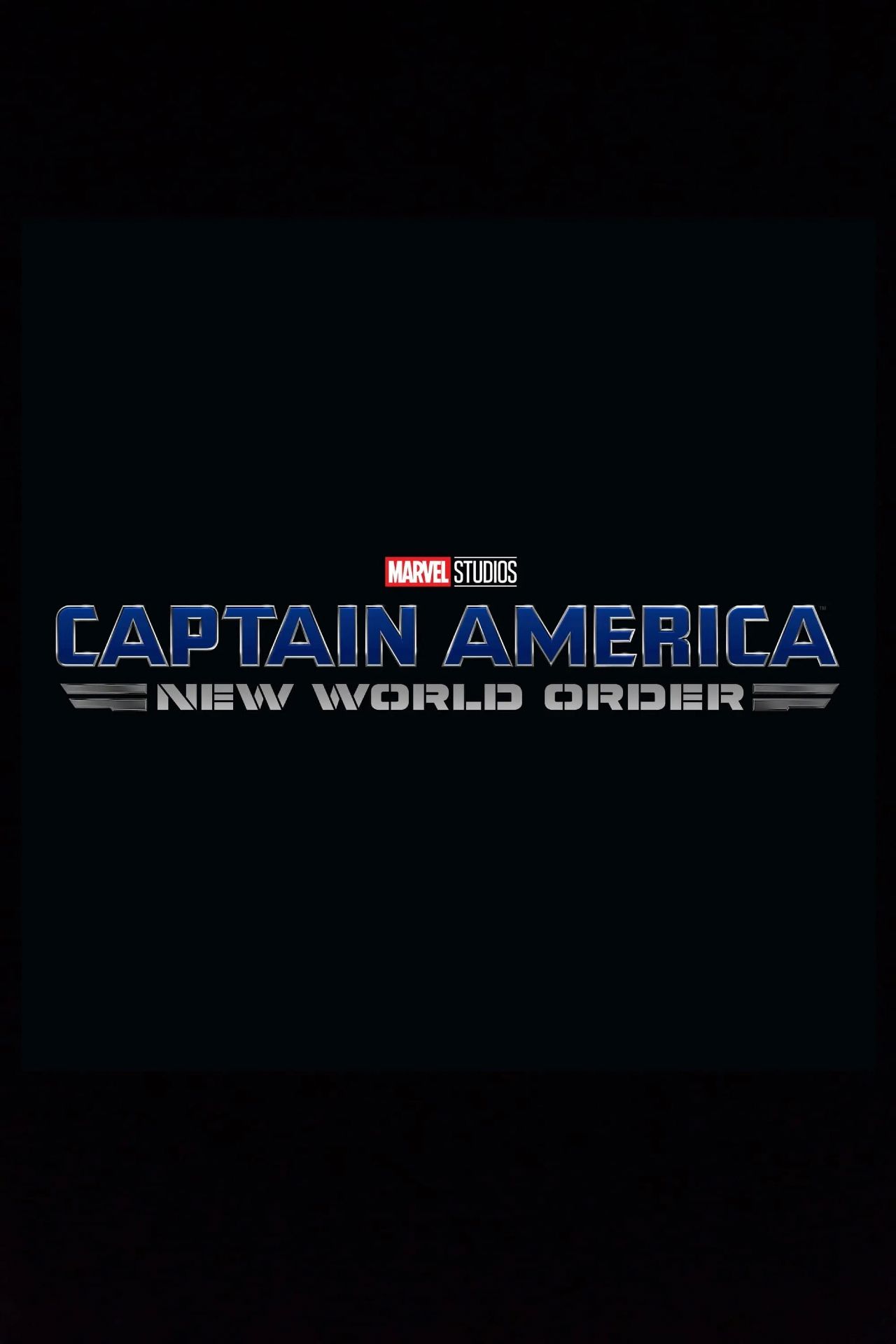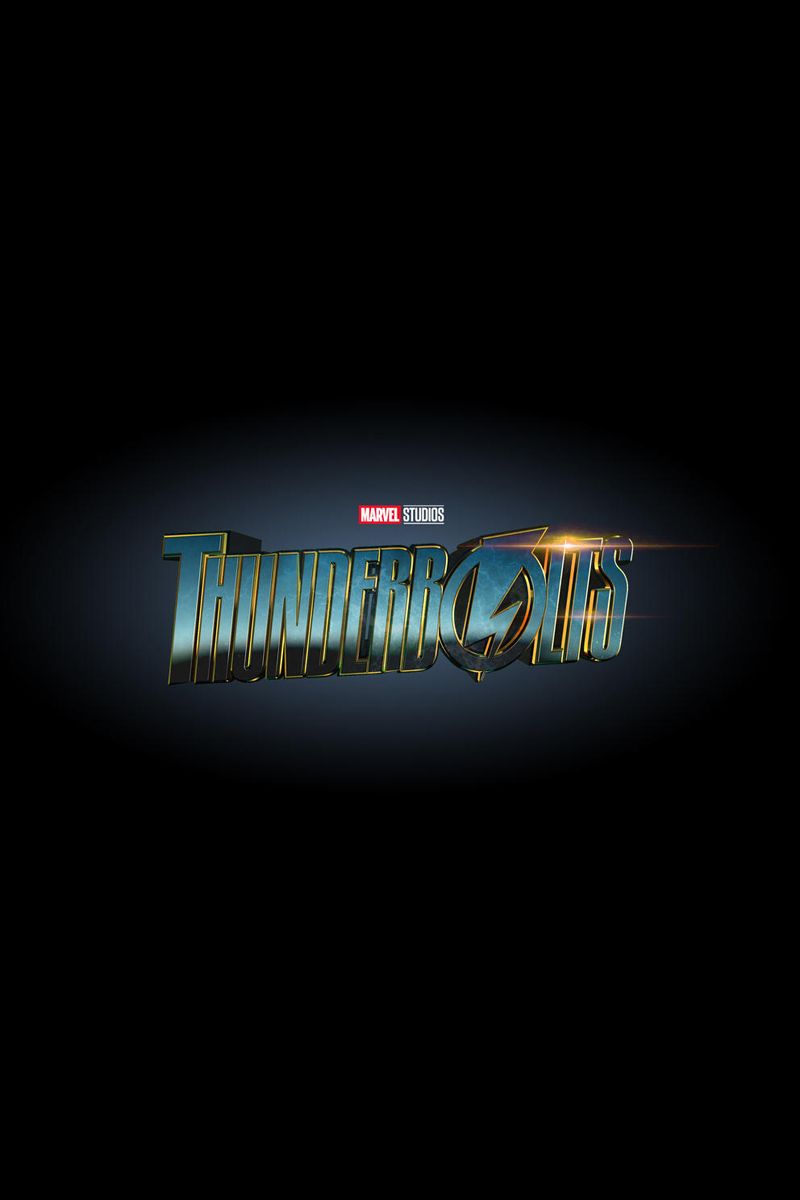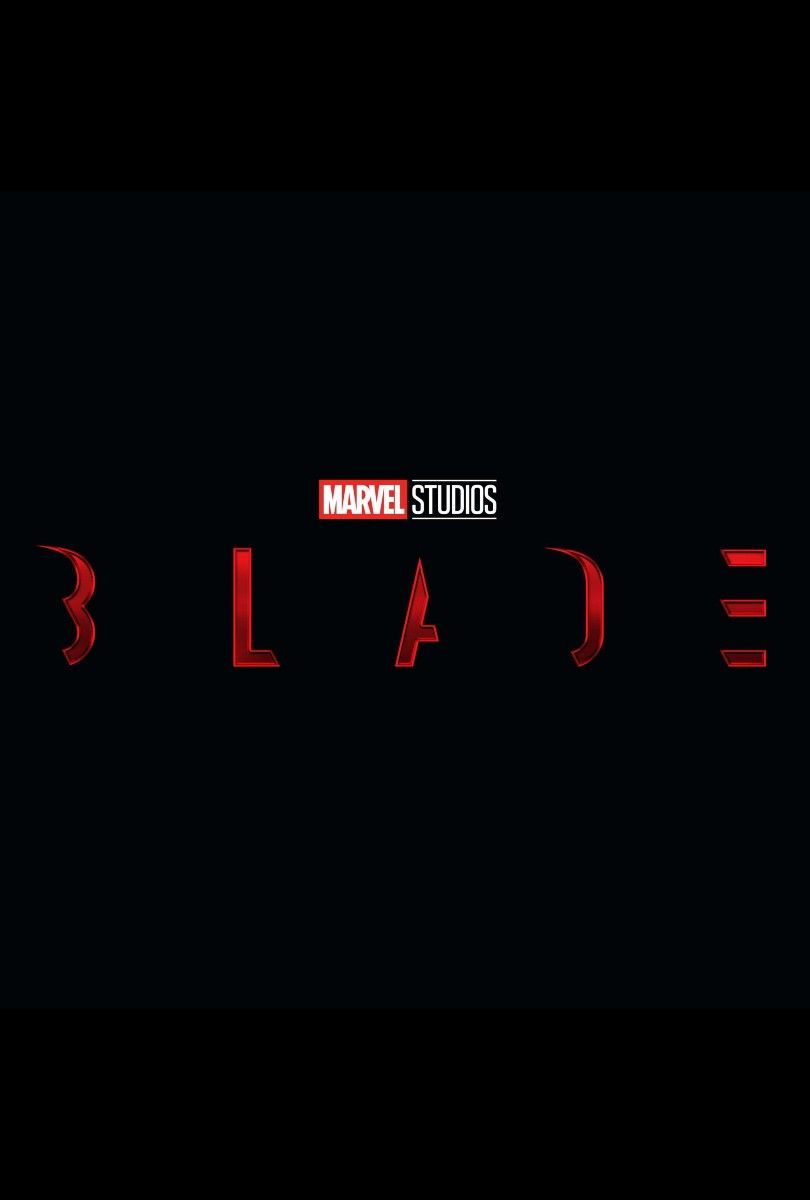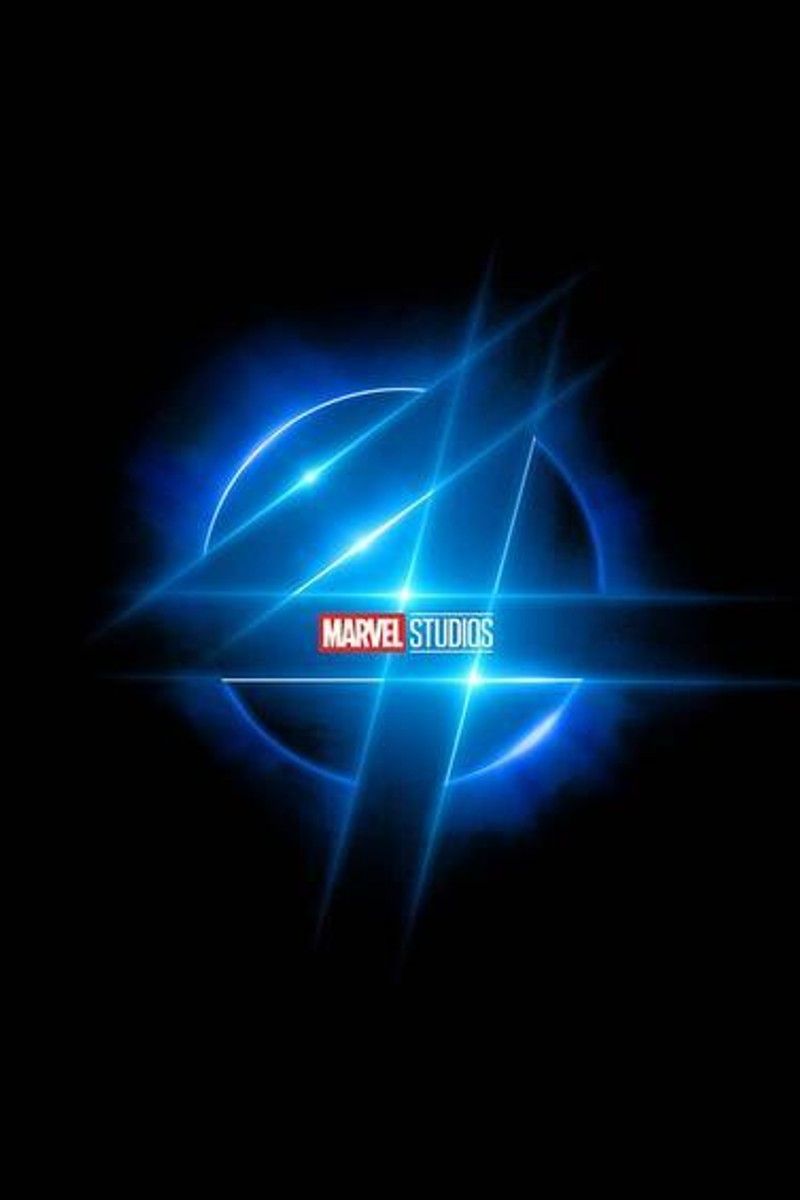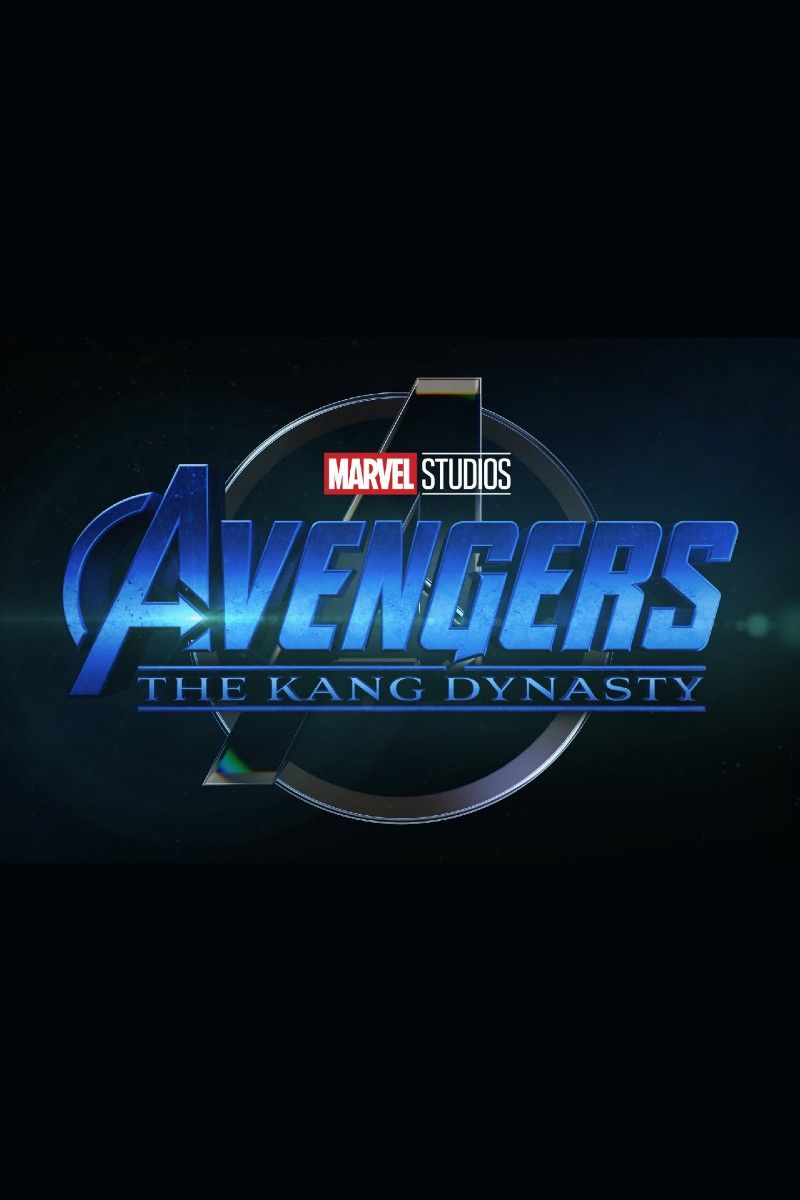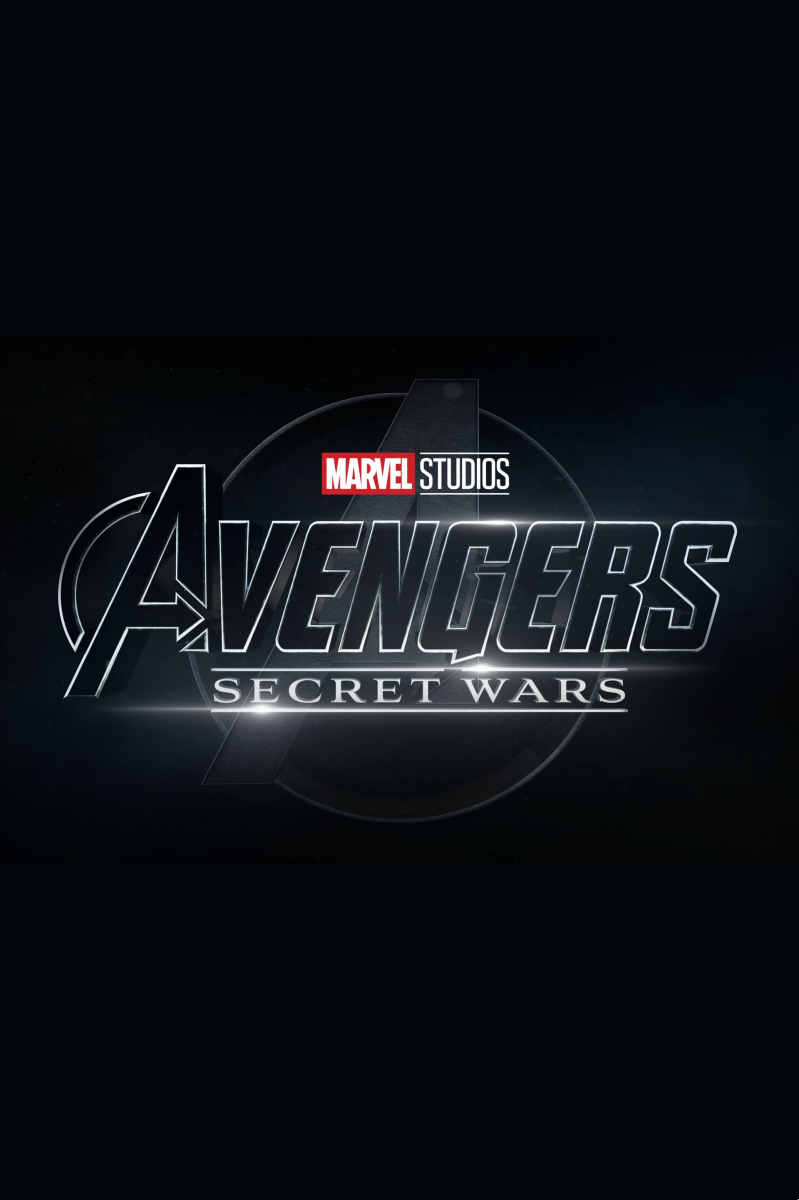Warning: This article contains SPOILERS for Secret Invasion7 years ago, Captain America: Civil War tore the Avengers apart, but 2023’s first MCU crossover has done more damage to Marvel’s premier super team than that event. Civil War was a necessary evil, ripping the Avengers in two to help set up the events of Infinity War and the revelation that working together actually was more effective. That way Endgame’s final battle for a serious injection of the feel goods.
Given Nick Fury’s “there was an idea” speech, Endgame’s redemptive payoff of the Avengers Initiative was always in the cards. In fact, the turbulent path of the superhero team to defeating Thanos was precisely designed to make the victory work better, and to make Iron Man's death land even heavier. There are few more powerful images in the MCU than Chris Evans' Captain America standing in silence, with tears brimming his eyes as Robert Downey Jr's hero takes his last breath. Iron Man's death, fundamentally, paid off the idea that superheroism came at a cost, that heroes put themselves in danger for the greater good despite their vulnerabilities, and the true value of the Avengers as Earth's defenders. 4 years on from that point, the MCU is dangerously close to making the Avengers a joke.
Secret Invasion Fatally Insulted The Avengers
In 2012, Nick Fury brought the Avengers together because the Earth needed them - a desperation typified both by Iron Man's inclusion, despite him being rejected as a viable candidate previously and by Thor being in the line-up, despite him causing a panic about intergalactic invaders. Fury was so adamant about the need for the Avengers that he ignored his previous relationship with his Skrull agents, who had acted as the MCU Earth's first Avengers from the shadows for decades. The Avengers repaid the faith protecting the Earth from Loki's invasion, Ultron's world-level genocide attempt, and Thanos' attacks, gaining fame and adulation in the process (as well as naysayers annoyed at collateral damage and their unregulated status - such is the price of fame).
By the time of Secret Invasion, Fury's attitude towards the Avengers shifted for no apparent reason. On the brink of World War III, Fury callously ignored calls to bring "his friends" in to deal with Gravik (Kingsley Ben-Adir) despite the clear global threat. At first, Fury excused this as fear they would be replaced and their powers mimicked, then it turned out Fury had stolen their DNA, then he claimed Earth needed to stop relying on superheroes to fight its battles in the weirdest twist of all. Particularly because Fury then immediately went back on his promise to fight Gravik himself and brought in G'iah as a ringer, counting on the ridiculous conceit that Gravik would definitely turn the Super-Skrull machine on with her (disguised as Fury himself) inside, in order to match his powers for a final fight. In no world is that a better solution than bringing in the Avengers.
Secret Invasion's negative impact on the Avengers can't be underestimated. Secret Invasion's ending even reverts the MCU back to the same state of anxiety about "alien invaders" that pre-dated The Avengers in 2012, turning one of the original heroes - Thor - into a public enemy set to be hunted because he's not from Earth. In an earlier episode, Fury makes a dismissive joke about the Avengers being a product of his midlife crisis to Ben Mendelsohn's Talos, but the idea that the small chance of the stars aligning to enable G'iah to beat Gravik was somehow preferable to getting the Avengers involved is far worse. And it's Fury's own insult to the value of the Avengers that really lands the fatal blow when Olivia Colman's Sonya Falsworth asks him if he's called them:
"This is personal. We can’t keep depending on these superheroes to swoop in and save our asses. None of them have lived the life I have. None of them can defend the world the way I can. The only power I have was planted between my ears by a single mother and wrapped around my finger by a woman far greater than I could ever hope to be. If that ain’t enough then I don’t know what hope we have."
This was meant to be an empowering moment for Fury, which would have worked if he'd actually followed through on the accountability Secret Invasion had set up for him: it was, after all, his problem to fix. But with G'iah stepping in for the sake of the big, flashy superhero fight Kevin Feige had planned from day one, it means something different, and it's impossible to ignore the slur that none of the Avengers had been through any personal trauma like Fury had - just for a few examples:
- Sam Wilson is a veteran who watched his best friend die in battle and went on to counsel PTSD sufferers
- Carol Danvers was torn away from Earth and had her life, friends and family basically removed from her
- Thor had possibly the most high profile breakdown of any superhero ever
- Hulk's entire life is trauma up to Endgame
- James Rhodes literally sacrificed his body for the cause, only to be kidnapped and replaced by the Skrulls
- Spider-Man lost his entire family (though this has now presumably been wiped from all collective memory)
Sure, Iron Man was a privileged hero, but even he lost his parents to murder, by another deeply traumatized Avenger in Bucky/The Winter Soldier. Fury's comments, designed to bolster his own position, end up being reductive and demeaning. And crucially, Fury switching from his greatest idea - The Avengers Initiative - to the suggestion that maybe the heroes aren't worthy breaks apart the Avengers in a way Civil War's internal conflict
Avengers 5 Has A Huge Problem To Overcome
The problem with Avengers 5 being The Kang Dynasty goes well beyond the issues with positioning Jonathan Majors at the heart of it: the problem is also one of story. While Ant-Man & The Wasp: Quantumania and Loki season 2 offer some more set-up to the Kang story, it still does not feel like a culmination event, which is what Avengers crossovers should be now. We are supposed to be well past the team-up stages of Phases 1 and 2, with the Infinity Saga ending setting a precedent for future projects. The problem there, of course, is that Endgame also brought the end of the first (and second) iteration of the Avengers team, retiring some members and leaving others' statuses unclear. On top of that, there were more Marvel superheroes introduced whose potential Avengers status is completely confused, because there's an expectation that they all could be, but that would be improbable at best.
What Avengers 5 needs to be, in actual fact, is a second team-up movie, not only because of the state of the current Avengers line-up (or the questions around it), but also because of the damage done to the brand of the superteam since Endgame. Phase 4 deconstructed them, disassembling them from active duty (at least together) to concentrate on individual MCU arcs, and now Phase 5 has disemboweled the very idea of their existence. And while Secret Invasion wasn't the first time the Avengers brand has been hurt, it was the most pointed and feels the most deliberate. Civil War had Infinity War as a deliberate way to bring the heroes together, and there was actual build-up to set the story out: in contrast, The Kang Dynasty feels like it has to actively undo bad faith insults of the MCU's key hero team. And none of it was even done to serve the story.

